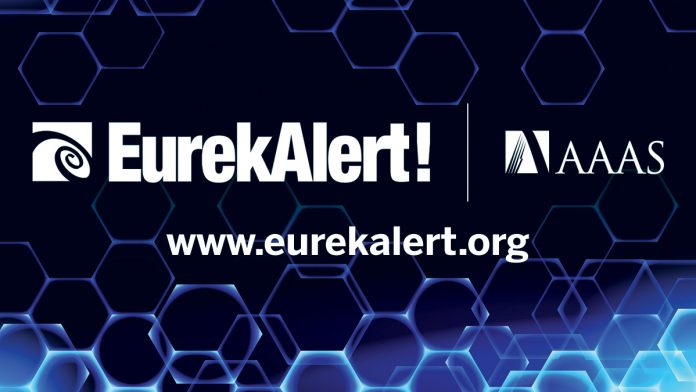The Institute for In Vitro Sciences (IIVS) has entered into an agreement with Shiseido and the Research Institute for Fragrance Materials (RIFM) to support the technology transfer of non-animal tests for photosafety testing. The program aims to build upon IIVS’ current photosafety tiered testing program, which addresses photoirritation, through the development of additional testing strategies to identify photoallergens. Both photoirritation and photoallergenicity are important in the safety assessment of fragrances.
RIFM, Shiseido, and IIVS share the common goal of promoting the development and use of in vitro photosafety methods. Shiseido developed the photo h-CLAT, photo KeratinoSens, and photo DPRA based on the OECD-approved methods for skin sensitization (i.e., Human Cell Line Activation Test (h-CLAT, TG442E), KeratinoSens (TG442D), and Direct Peptide Reactivity Assay (DPRA, TG442C)). These assays provide data relevant to the Adverse Outcome Pathway for the identification of photoallergens. Shiseido will provide training and participate in an inter-laboratory study to support the technology transfer to IIVS using materials of interest to RIFM.
“We are pleased to have support from both RIFM and Shiseido to establish these tests in our laboratory,” states Erin Hill, President of IIVS. “These assays, combined with our existing capabilities in photoirritation, will provide RIFM and the fragrance industry with a broad set of tools to support safety assessment of fragrances without the use of animals.”
“This project not only demonstrates our commitment to using non-animal tests, it will also streamline our ability to generate photosafety data on fragrances for the scientific community,” says Anne Marie Api, Vice President of RIFM. “We are grateful to our member company, Shiseido, for sharing their expertise with our colleagues at IIVS.”
###
About the Institute for In Vitro Sciences (IIVS)
IIVS is a non-profit organization wholly dedicated to the promotion of non-animal test methods. Founded in 1997, IIVS is recognized as a leading provider of in vitro testing in support of toxicological safety evaluations. Rigorous scientific programs coupled with educational and outreach initiatives have established IIVS as a global leader in the advancement of alternatives to animal testing. For more information, visit us at http://www.
Media Contact:
Erin Hill
President
Phone: 301-947-1281
[email protected]
About RIFM
Established in 1966, the Research Institute for Fragrance Materials (RIFM) generates, analyzes, evaluates, and distributes data to provide a scientific basis for the safe use of fragrances. RIFM has compiled the most comprehensive, worldwide source of toxicology data, literature, and general information on fragrance and flavor raw materials. RIFM’s fragrance ingredient safety assessment program draws from its comprehensive database of over 70,000 references and more than 135,000 human health and environmental studies. The Expert Panel for Fragrance Safety, an independent, international team of researchers and academics with no ties to the fragrance industry, reviews and must approve all of RIFM’s work before RIFM submits it for peer-reviewed publication. For more information, visit us at www.rifm.org.
TDnews















